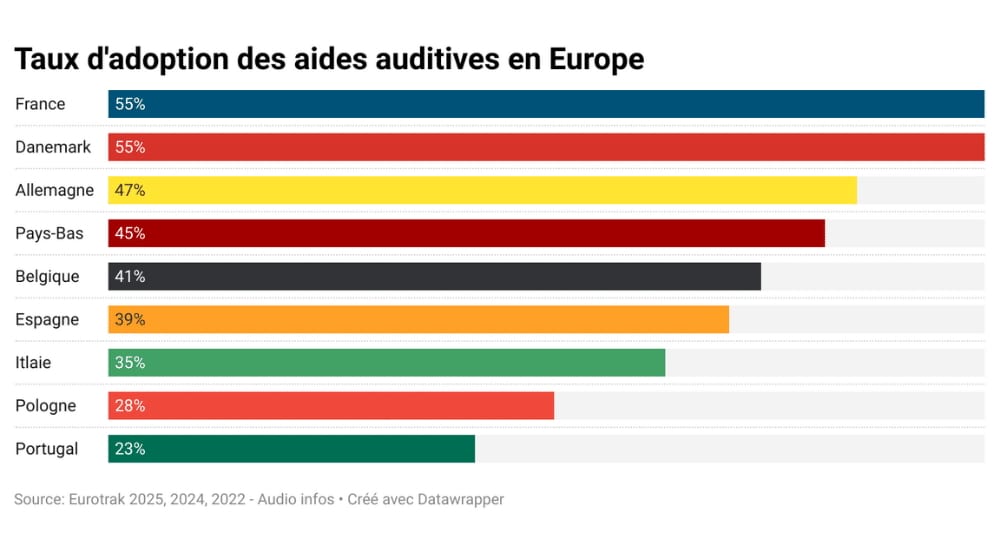Approaches to tinnitus management
Tinnitus
A group of researchers from Queen’s University and Hotel Dieu Hospital in Kingston, Ontario (Canada) recently published a review article in the journal Canadian Family Physician on practical approaches to managing patients with tinnitus.

To carry out their review, the group searched Medline for English-language tinnitus guidelines and reviews published between 1980 and 2016. They reviewed over 40 articles, with most providing level II and III evidence.
Findings showed that tinnitus can affect both physical and psychological well-being, with 1 in 5 patients reporting bothersome tinnitus. This is often associated with decreased sleep, difficulty concentrating, and mood disorders. Importantly, increasing tinnitus severity has been shown to be inversely associated with quality of life (QoL).
Over time, tinnitus severity may fluctuate: 14% of patients reported worsening of symptoms after 5 years, while 18% noted improvements. Interestingly, complete resolution of the disorder was reported for 16% of patients. The need for increasing masking sounds to manage tinnitus is also a cause of long-term distress. However, most patients with tinnitus can be managed with reassurance, conservative measures, and hearing aids if they have substantial hearing loss.
The article provides a useful differential diagnosis flowchart differentiating between pulsatile and non-pulsatile tinnitus. For the non-pulsatile form, the most common causes include neurologic disorders, trauma, and noise exposure.
Source: Wu V, et al. Approach to tinnitus management. 2018 Jul;64(7):491-495.


